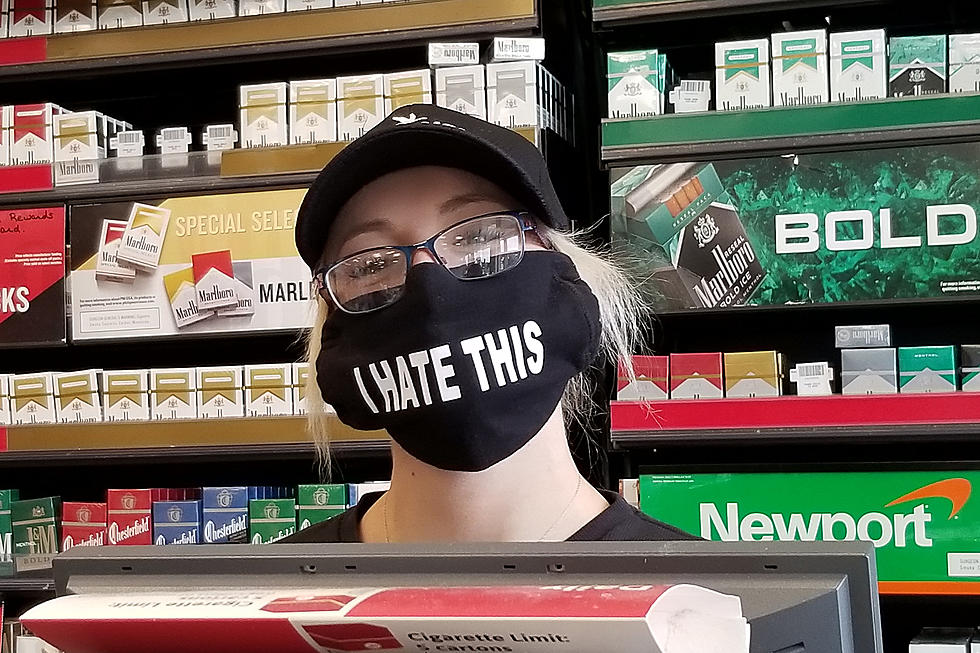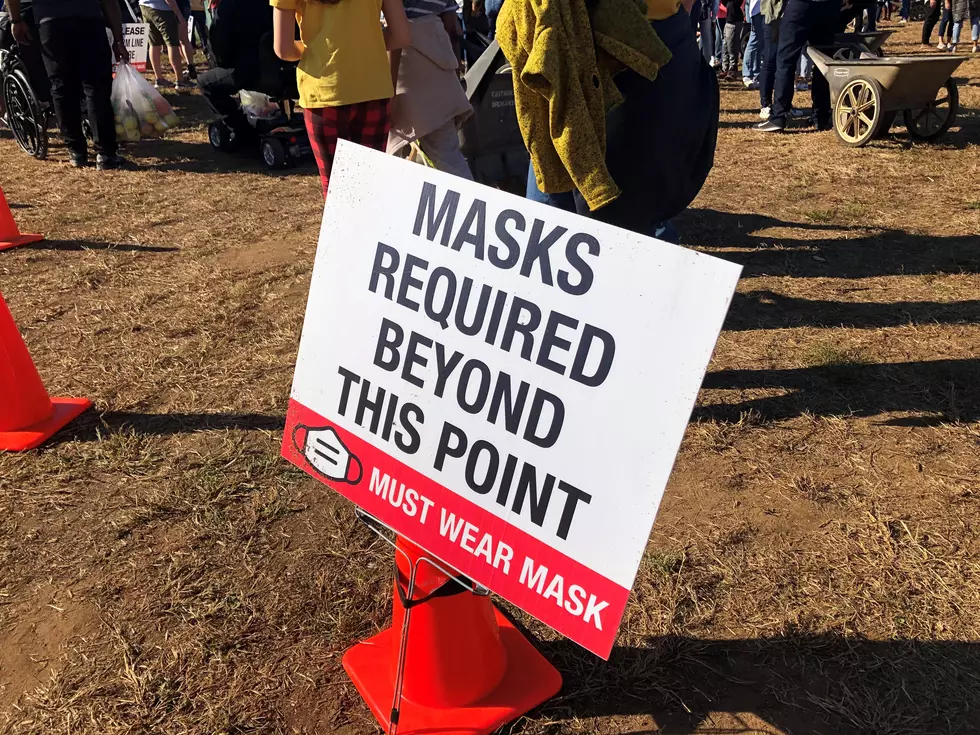
Mask and Vax rules to remain at Rutgers University
Rutgers University will require all students and staff to mask-up for the new semester.
In a message posted on their website, Rutgers officials say, "It is clear that the COVID-19 virus, in some form, is now a permanent part of our daily lives."
The notice goes on to inform masks will still be required "in all indoor teaching spaces, libraries, and clinical settings." The notice does not offer a justification for the masking requirement, but states: "Compliance is mandatory."
Students are also required to provide proof of vaccination and boosters, when eligible.
Although masks will be required in classrooms, they will no longer be required at indoor events. However, the notice says all attendees will need "to show proof of full vaccination or a COVID-19 negative PCR test taken within 72 hours prior to the event."
As we return for the fall semester and a full repopulation of our campuses, we continue to monitor the effects of the COVID-19 and the monkeypox viruses. Each is different and unique, but both have tremendous potential to affect the health and well-being of our community. - Antonio M. Calcado, Rutgers Executive Vice President and Chief Operating Officer
Rutgers is also urging students to take precautions against monkeypox.
Saying monkeypox "is a significant new public health concern in the U.S. that should be taken seriously," the university did not announce any specific mitigation efforts.
Students who believe they have been exposed or are at risk of exposure are encouraged to consult with their personal physician.
The university says they do not have access to the monkeypox vaccine and will not be offering treatment.
Eric Scott is the senior political director and anchor for New Jersey 101.5. You can reach him at eric.scott@townsquaremedia.com
Click here to contact an editor about feedback or a correction for this story.
LOOK: The most extreme temperatures in the history of every state
What would happen to NJ if we were attacked by nuclear weapons?






